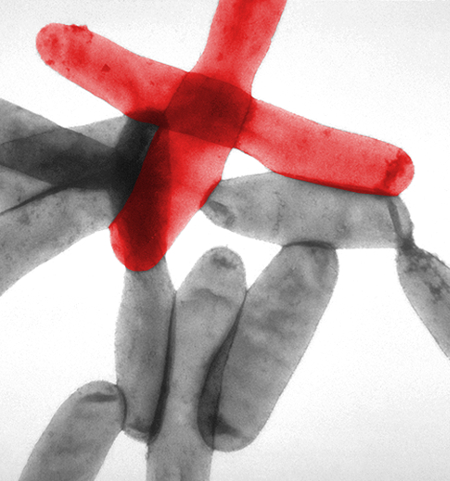New pandemic talks continue
 Governments are moving to prepare for the next global pandemic.
Governments are moving to prepare for the next global pandemic.
Negotiations on the world’s first pandemic preparedness agreement have made significant headway, with WHO member states pushing closer to a global accord.
Discussions led by the Intergovernmental Negotiating Body (INB) at the World Health Organization (WHO) have concluded, following two weeks of talks in Geneva.
The talks are considered critical as countries recognise the importance of global unity in responding to health crises.
“The next pandemic will not wait for us,” warned WHO Director-General Dr Tedros Adhanom Ghebreyesus.
Referring to potential threats like H5N1 and other viruses yet to emerge, he reminded participants; “All the ingredients are in place to meet the objective of countries to negotiate a generational pandemic agreement”.
Key achievements of the talks included substantial revisions to the draft agreement, a process supported by active participation from non-state actors and civil society groups.
According to Dr Tedros, these efforts are an example of the “collective commitment” necessary to develop a comprehensive agreement aimed at protecting the world from future pandemics.
The latest meeting highlighted a growing recognition among governments that collaboration is key to safeguarding public health.
Ambassador Anne-Claire Amprou, Co-chair of the INB from France, stated that governments are showing a visible commitment to crafting an accord that ensures global safety.
“There was clear recognition from all countries that we must agree on a way forward to work better, together, to protect their citizens from future pandemics,” she said.
The agreement is designed to facilitate stronger responses through innovation, equity, and collaboration.
Civil society groups have also played an important role in shaping these outcomes, offering insights on how to better protect vulnerable populations and foster global cooperation.
“The constructive contributions by INB relevant stakeholders were incredibly valuable,” Ambassador Amprou remarked.
“Together, we must sustain this progress during the coming months.”
Non-state actors echoed this sentiment, with many stressing the need for increased transparency and dialogue.
Nina Jamal, Head of Pandemics at animal welfare organisation FOUR PAWS, emphasised the importance of a ‘One Health’ approach - integrating the health of people, animals, and the environment in pandemic preparedness strategies.
She called for a pandemic agreement that does not just prepare for future outbreaks but helps prevent them.
Michelle Childs from the Drugs for Neglected Diseases initiative (DNDi) also praised the transparency of the process, noting how the sharing of draft texts and regular updates helped prevent misinformation.
“We encourage further steps to enhance transparency,” Childs stated, urging WHO member states to improve dialogue as they work towards an effective agreement.
The stakes are high as negotiators focus on the remaining elements of the draft agreement.
However, advocates say progress has been made in crucial areas like research, development, and technology-sharing systems.
These efforts aim to strengthen pandemic prevention strategies and ensure more equitable access to vaccines, diagnostics, and treatments for future outbreaks.
The 12th round of negotiations will take place from 4 to 15 November 2024, with governments continuing their efforts to finalise the agreement.
While much has been achieved, the next few months are set to be crucial in determining how well the world can prepare for the next pandemic threat.







 Print
Print